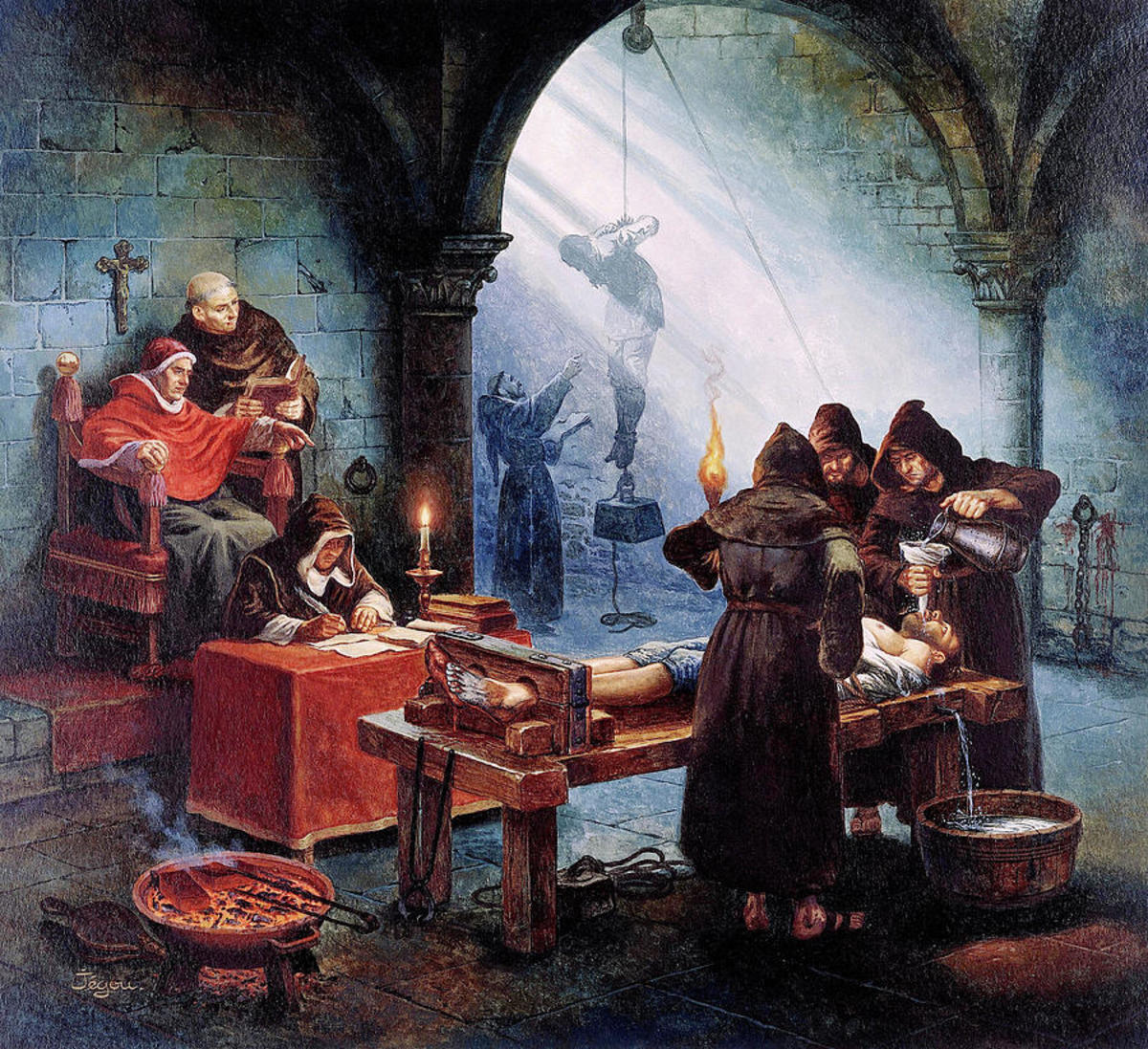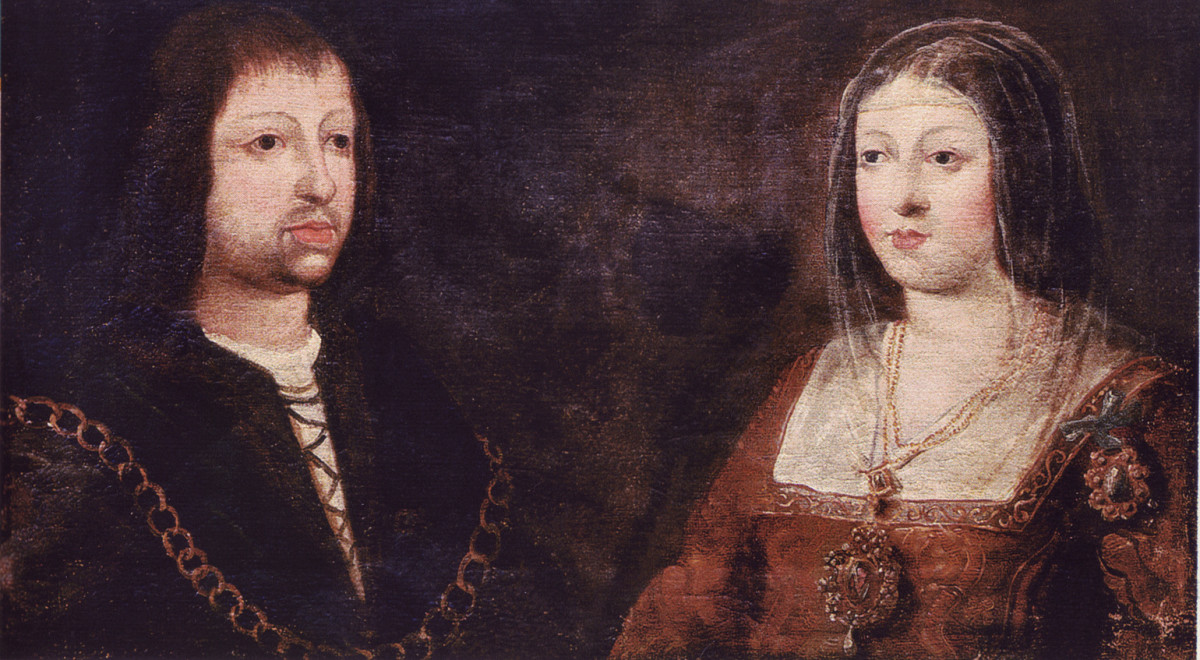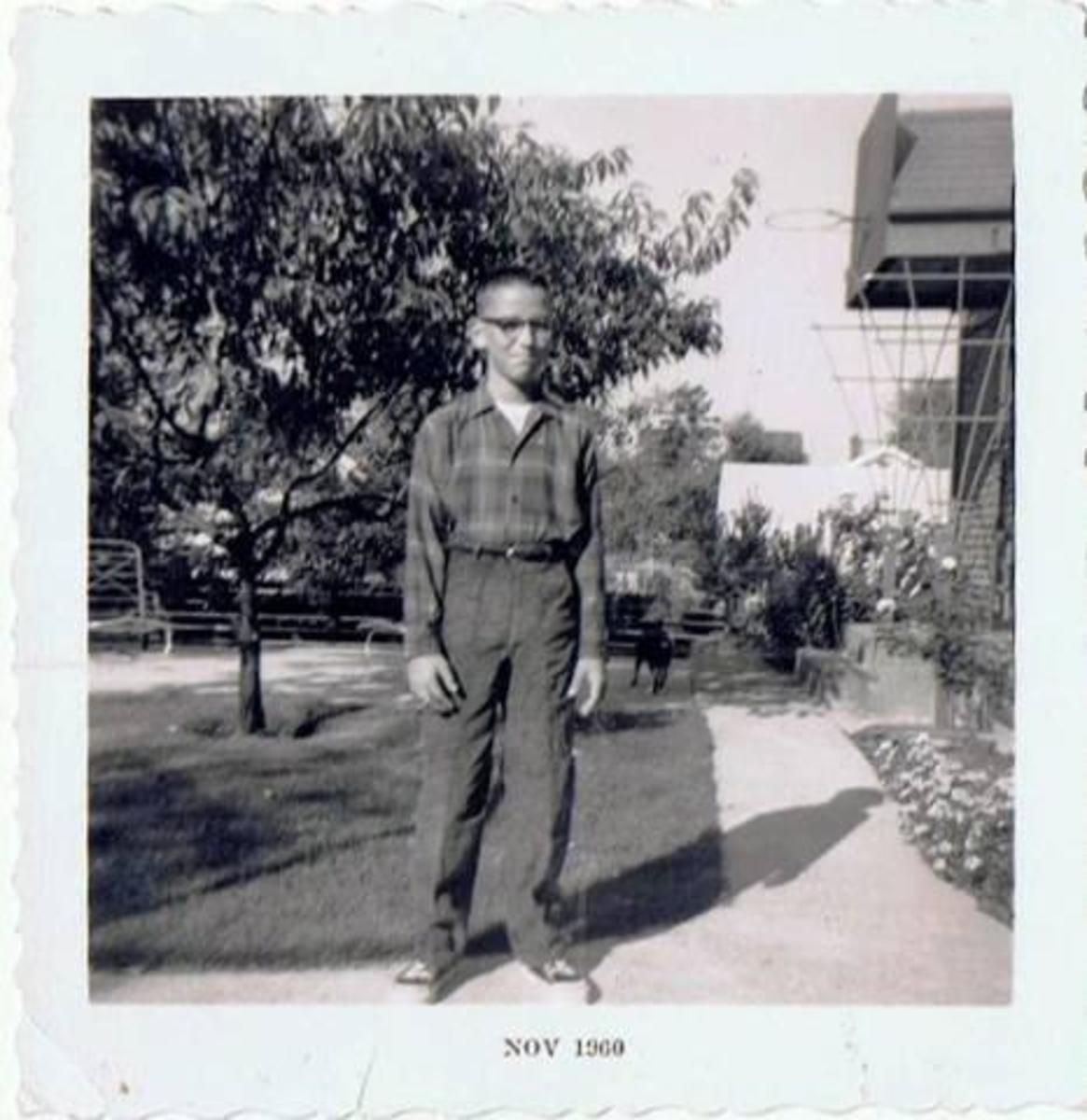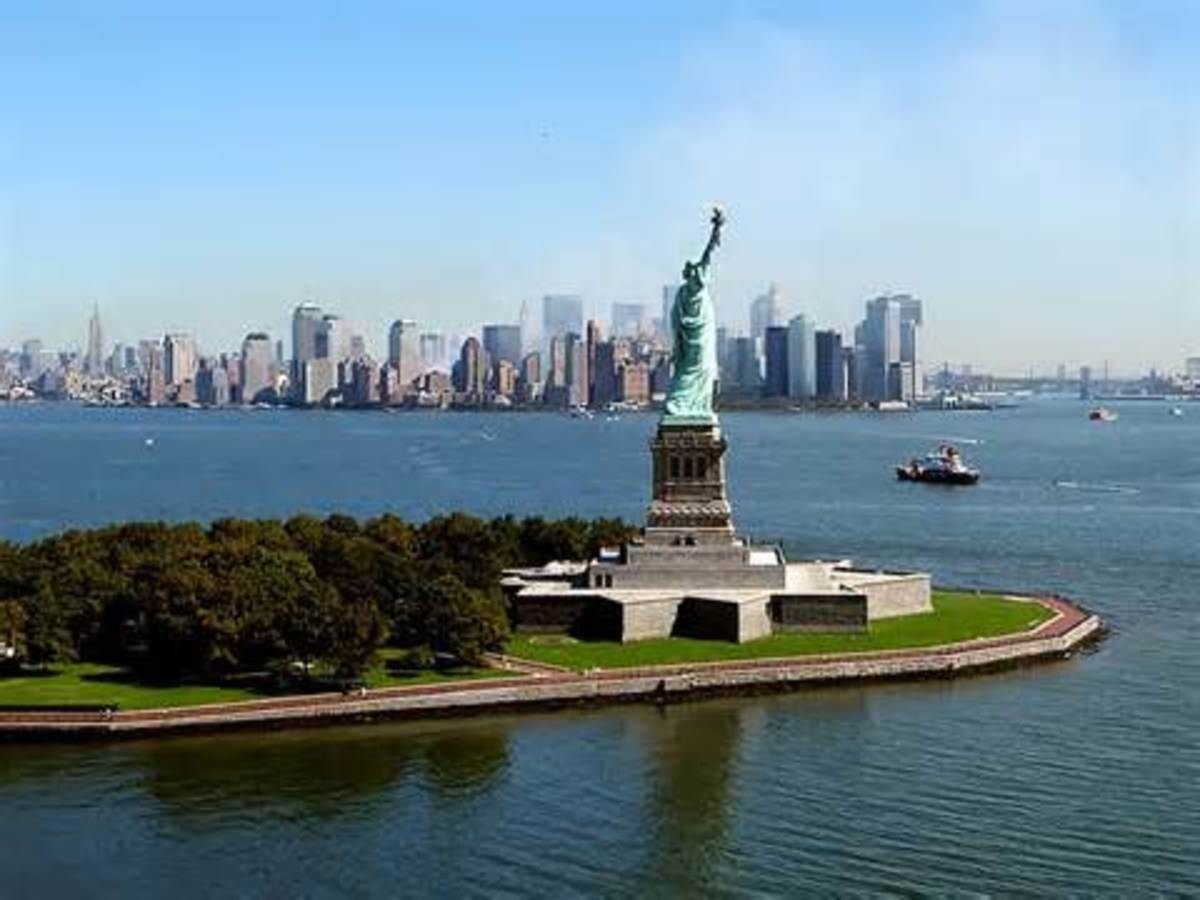The Jewish Presence in the New World
Burning Jews
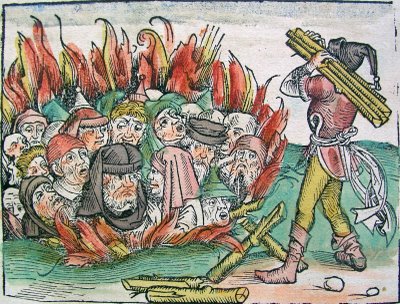
Before The Spanish Inquisition
During the years the Moors controlled most of Spain, the Jewish population thrived.
Iberia was a land of relative tolerance and opportunity.
It must be remembered that Islam and Judaism were not 'at war' during most of history, they were allies. They shared many of the same customs and practices.
The invasion of Spain began in the early 11th Century with the Berbers, (Berbers came from North Africa) who ended the Centralized government in Cordoba.
When the Muslims had control of the Iberian peninsula, Jews aligned with them.
There were Jews who had lived in Spain for centuries, there were those who arrived with the Muslims. Many Jews held positions in the government and served in the highest rank in the military.
This was of brief duration.
In 1066 the Granada massacre occurred. Islamic fanatics killed 4,000 Jews. After this first massacre, events settled and Jews and Muslims were at peace. So were Jews and Christians. At that time Jews who had been born there were considered Spaniards first, then Jews.
This changed in 1391 with the massacre in Seville.
Hatred for Jews grew so that by1480 they were locked into barrios, forced to convert to Christianity or be killed.
In 1492, all Jews were ordered to leave Spain.
The Exodus from Spain
In 1492 Jews who did not convert, were killed. Many Jews left Spain. About 90,000, went to Turkey. 25,000 to Holland, others to England, Scandinavia and Germany. 20,000 went to Morocco.
Only about 5,000 went to the Americas. At first.
As Spain claimed more land in New World, Conversos (those who had converted
to Catholicism or seemed to ) travelled there to find refuge. They arrived in the West Indies, forming business alliances with their relatives who had remained in Spain.
A large portion of the shipping and importing industry of Spain fell into the hands
of the Conversos and their Jewish relatives elsewhere. (It must be remembered
that at this time in history being a 'merchant' was disdained).
Holland, being tolerant, became a beacon for Jews. As the number of Jews
increased, toleration began to decrease. Jews were requested to immigrate to Dutch overseas territories as Curacao, Northern Brasil and Suriname.
Jews who were thrown out of England went to Jamaica, Barbados and other
English colonies.
Considering the fact that the Jews spoke Hebrew, (those from Spain would also
speak Ladino) communication between a Jew in a British colony with one in a Portuguese colony is undoubted.
Jews were merchants. They were in every colony. The decline of Spanish commerce in the seventeenth century was due, in large measure, to the activities of Jewish merchants, many of whom aligned with British Privateers (Pirates).
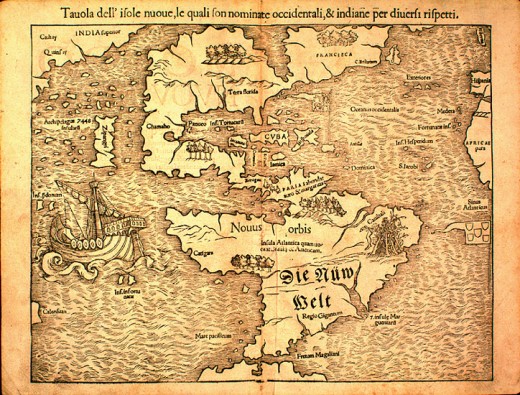
Settlement in the New World
Conversos or Marranos , (Jews who appeared to have converted to Catholicism), settled in the Spanish Territories. Many maintained their true religion and worshipped in Secret.
In the Dutch colonies Jews could practice openly. In Recife, which was under Dutch control, Kahal Zur Israel (Rock of Israel), was founded in 1630. This is considered the oldest synagogue in the Western Hemisphere.
When the Portuguese took that part of Brasil, the Jews had to flee. Many went to Barbados where they brought the knowledge of the growing of sugar cane.
Although some Jews stayed in Barbados until the early 20th century, most went to another British colony; South Carolina.
In the 17th and 18th centuries, South Carolina was almost an 'island' in the Caribbean. It was settled by diverse people as its constitution specifically granted liberty of religious practice.
Jamaica was a Spanish colony until 1655 when it was captured by the English. The Marranos and Conversos happily remained in Jamaica as freedom of religion was granted.
The sand on the floor of the Shaare Shalom synagogue in Kingston, Jamaica represents the time Jews had to practice their religion in secret. Curacao also has sand on the floor of their synagogue for the same reason.
The sand was to mask footsteps, so that no one could hear people entering and leaving a room established as a synagogue.
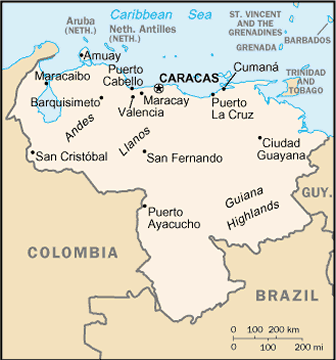
Piracy
During the 1500s - 1700s Piracy, or Privateering as it was called, was practiced against Spanish Shipping.
A glance at a map will show Curacao perfectly placed to track the movements of the Spanish Armada when it collected South American silver from Venezuela.
Considering the fact that many Jews were merchants on the Dutch islands, and in communication with Jews in the rest of the world, the information as to where and when ships would leave and the routes they would take was shared with pirates, (or privateers to be polite).
The English privateers were very successful in so weakening the Spanish Empire that it was no longer a threat by the 1700s.
The majority of Jews in the New World were Sephardim; coming from Spain and aligned regions. The Ashkenazim, those from central Europe, did not cross the Atlantic until the mid 1800s.
Jews were not newcomers to the New World. Seven traveled with Columbus on his first voyage.
What Happened?
There was a time nearly 20% of the population of Jamaica was Jewish. Now, there aren't 200 families.
Bolivia once had a large Jewish community which disappeared within a generation.
Barbados lost its last native Jew in 1921.
What Happened?
For many Jews, assimilation was enticing.
They could open businesses on Saturday and make more money. They didn't have to fear not being forgiven if they converted to Christianity. They didn't have to be different any more. They could join a church and no one would suspect that they had ever been anything but Christian.
For others, like the original Bolivians, unable to follow Biblical edicts precisely meant they didn't follow them at all.
In some regions, i.e. Jamaica, following Torah as best as they could in the circumstances was how they did it. They couldn't cling to strict practices, so did the best they could, which is why the community has lasted until this day. Unlike Bolivia, where the demand one either perform precisely or not at all led to not at all.
In some areas, i.e. Barbados, prejudice against Jews suddenly surfaced in the early Twentieth Century. Jews were locked into ghettos and denied rights, so fled.
There were no Jews in Barbados until the influx of survivors of WWII. However, the last names of many people living in Barbados, testify to the fact they are of Jewish heritage.
Tragically, few people in Europe knew how well Jews lived in the New World; (not just America) and could have left Germany in the 1930s if they had only known there was a place to go.


